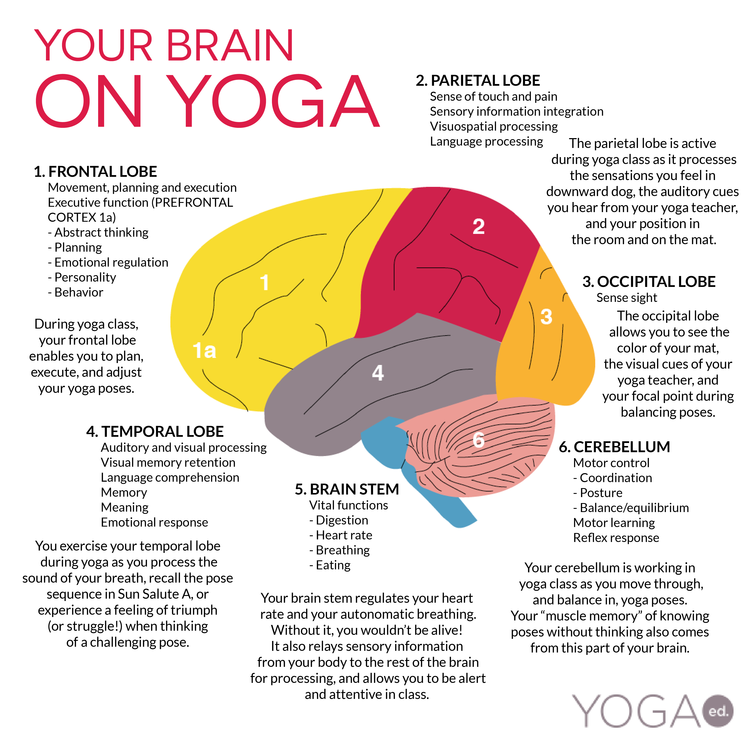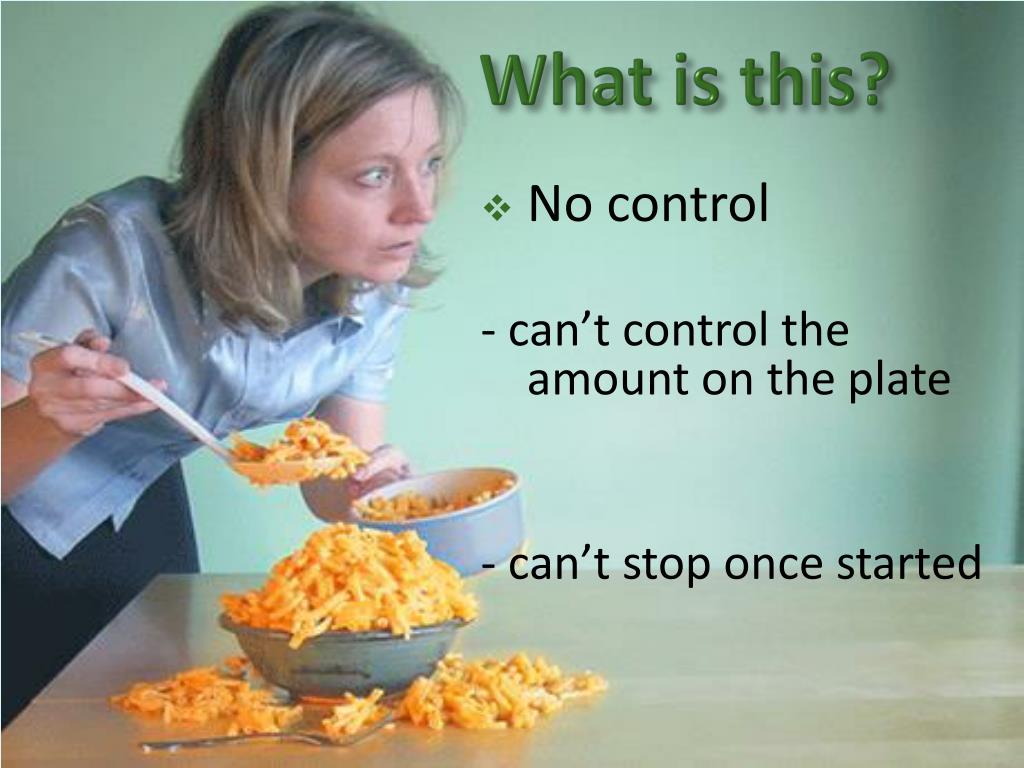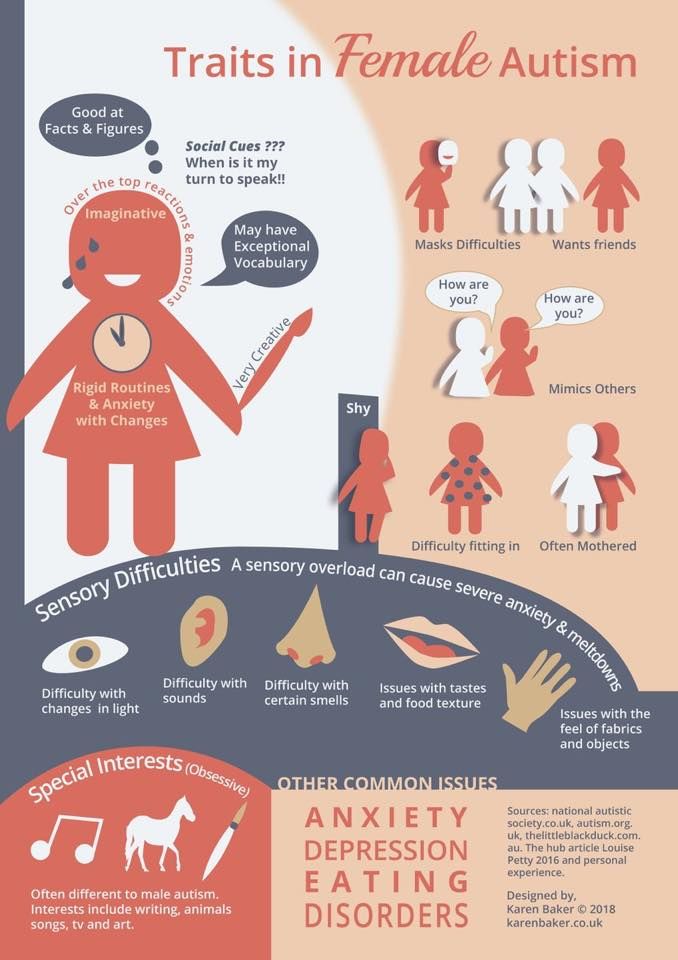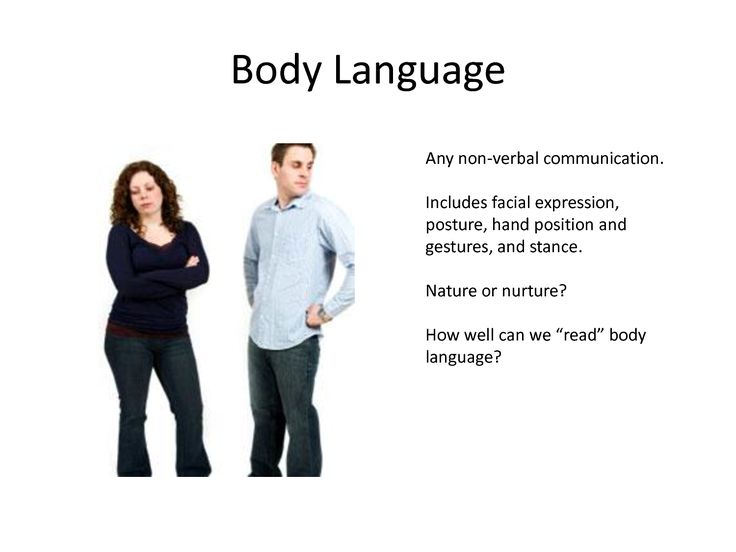Yoga and dementia
The Benefits of Yoga for Dementia
According to the World Health Organization, approximately 50 million people worldwide currently have dementia, with around 10 million new cases expected to be diagnosed each year. As a caregiver for a senior loved one with dementia, you might be wondering about their future: Can you recover from dementia, or is dementia a lifelong illness?
While there have been individual cases of recovery following dementia, these are very rare. Currently, there is no known cure, and it is unlikely that there will ever be a single cure for dementia since there are so many causes of the various types of memory loss. However, a dementia diagnosis doesn’t mean your loved one will lose their memory overnight. From natural supplements to meditation and yoga, there are numerous things you can do to help your loved one slow the progression of the symptoms of dementia.
Can dementia be cured naturally?That’s a tricky question. As previously mentioned, there is no known cure for dementia. However, there are various natural supplements that some claim help to slow the progression of the disease, including ginkgo biloba, omega-3 fatty acids, ginseng, and vitamins B12 and B9. This chart from Psychiatric Times displays various supplements that have been studied so far. It’s important to note the results, however, as they indicate few supplements display compelling evidence to suggest they’d truly be helpful in preventing or reversing symptoms of Alzheimer’s or dementia.
So, if these natural supplements aren’t the most effective way to help prevent or reverse symptoms of dementia, what else can you do to help your loved one? You might have heard about several studies evaluating the effectiveness of yoga as a treatment – but does yoga help with dementia?
Benefits of Yoga and Meditation for DementiaDoes yoga reduce the risk of dementia? Possibly! Research indicates that the practice of meditation and yoga can help reduce stress hormones in the body.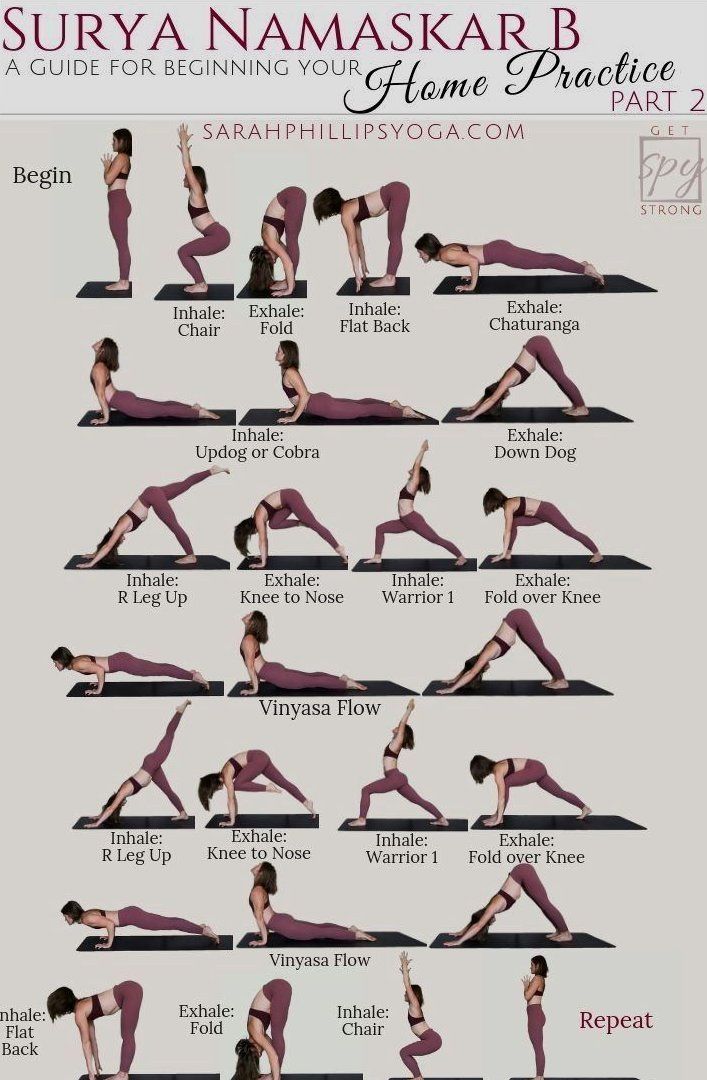 This is important because stress hormones can cause inflammation and can negatively impact important brain structures – like the hippocampus – that regulate memory and cognition. The practice of yoga and meditation can also help the brain by stimulating neuroplasticity and helping the brain form new connections. Additionally, a growing number of studies show an increase in positive brain and cognitive changes with the continued practice of meditation and yoga.
This is important because stress hormones can cause inflammation and can negatively impact important brain structures – like the hippocampus – that regulate memory and cognition. The practice of yoga and meditation can also help the brain by stimulating neuroplasticity and helping the brain form new connections. Additionally, a growing number of studies show an increase in positive brain and cognitive changes with the continued practice of meditation and yoga.
Looking to explore the benefits of yoga and meditation for your senior loved one with dementia, but you’re not sure where to start? Determining which yoga is best for increasing memory power in your loved one is a complicated process, one in which results might vary based on the individual and how much their dementia has progressed. For instance, in one study evaluating the effectiveness of chair yoga for dementia, adults suffering from moderate-to-severe dementia displayed an improved quality of life after participating in 45-minute chair yoga sessions twice a week for 12 weeks.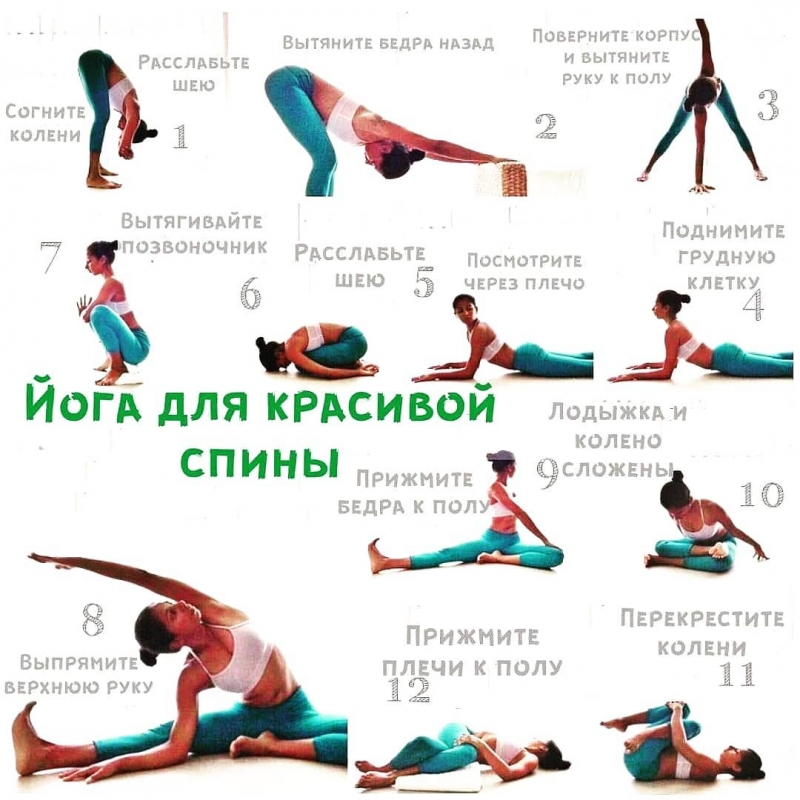
Check out these videos to see what yoga exercise for Alzheimer’s or other forms of memory loss looks like:
At Meridian Rehabilitation and Health Care Center, our multi-dimensional approach to health and wellness includes exercise groups and skilled nursing care to help your loved one get back on their feet.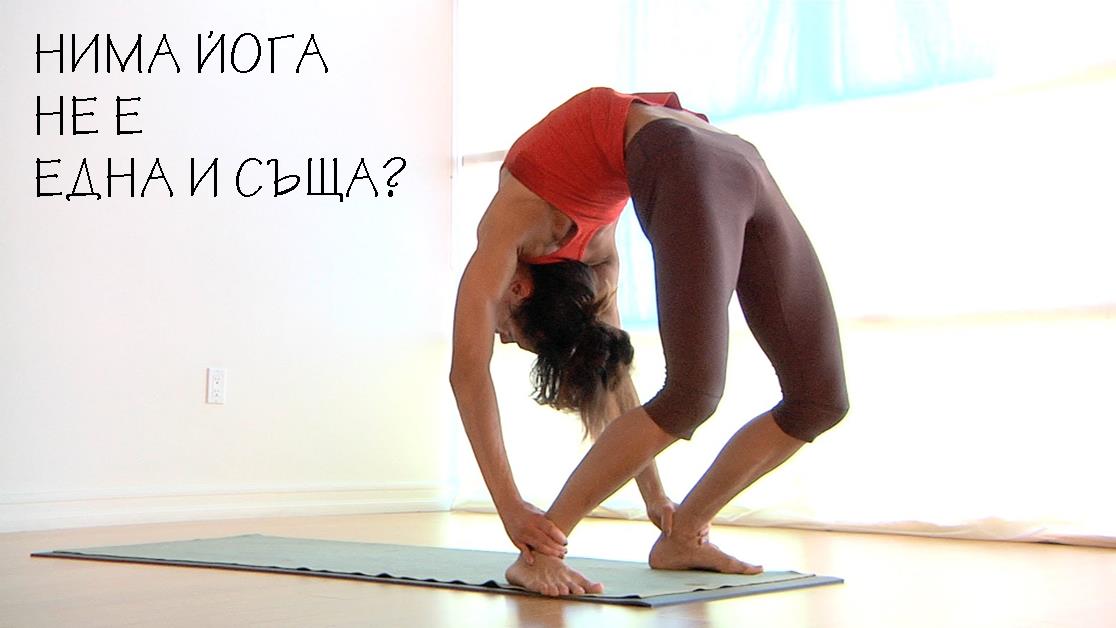 Reach out to us today for a personalized consultation. We’d be happy to answer your questions!
Reach out to us today for a personalized consultation. We’d be happy to answer your questions!
The effects of yoga on patients with mild cognitive impairment and dementia: A scoping review.
1. National Center for Complementary and Integrative Health. 2018; https://nccih.nih.gov/health/yoga.
2. Satchidananda SS. Integral yoga hatha U.S.A.: Integral Yoga Publications; 1995. [Google Scholar]
3. Clarke TC, Black LI, Stussman BJ, Barnes PM, Nahin RL. Trends in the use of complementary health approaches among adults: United States, 2002–2012. National health statistics reports 2015(79):1–16. [PMC free article] [PubMed] [Google Scholar]
4. Cramer H, Ward L, Steel A, Lauche R, Dobos G, Zhang Y. Prevalence, Patterns, and Predictors of Yoga Use: Results of a U.S. Nationally Representative Survey. American journal of preventive medicine 2016;50(2):230–235. [PubMed] [Google Scholar]
5. Stussman BJ, Black LI, Barnes PM, Clarke TC, Nahin RL. Wellness-related Use of Common Complementary Health Approaches Among Adults: United States, 2012. National health statistics reports 2015(85):1–12. [PubMed] [Google Scholar]
National health statistics reports 2015(85):1–12. [PubMed] [Google Scholar]
6. Cramer H, Lauche R, Langhorst J, Dobos G. Yoga for depression: a systematic review and meta-analysis. Depression and anxiety 2013;30(11):1068–1083. [PubMed] [Google Scholar]
7. Hofmann SG, Andreoli G, Carpenter JK, Curtiss J. Effect of Hatha Yoga on Anxiety: A Meta-Analysis. Journal of evidence-based medicine 2016. [PMC free article] [PubMed] [Google Scholar]
8. Cramer H, Lauche R, Haller H, Dobos G. A systematic review and meta-analysis of yoga for low back pain. The Clinical journal of pain 2013;29(5):450–460. [PubMed] [Google Scholar]
9. Cramer H, Posadzki P, Dobos G, Langhorst J. Yoga for asthma: a systematic review and meta-analysis. Annals of allergy, asthma & immunology : official publication of the American College of Allergy, Asthma, & Immunology 2014;112(6):503–510.e505. [PubMed] [Google Scholar]
10. Hagins M, States R, Selfe T, Innes K. Effectiveness of yoga for hypertension: systematic review and meta-analysis. Evidence-based complementary and alternative medicine : eCAM 2013;2013:649836. [PMC free article] [PubMed] [Google Scholar]
Evidence-based complementary and alternative medicine : eCAM 2013;2013:649836. [PMC free article] [PubMed] [Google Scholar]
11. Ward L, Stebbings S, Cherkin D, Baxter GD. Yoga for functional ability, pain and psychosocial outcomes in musculoskeletal conditions: a systematic review and meta-analysis. Musculoskeletal care 2013;11(4):203–217. [PubMed] [Google Scholar]
12. Liu XC, Pan L, Hu Q, Dong WP, Yan JH, Dong L. Effects of yoga training in patients with chronic obstructive pulmonary disease: a systematic review and meta-analysis. Journal of thoracic disease 2014;6(6):795–802. [PMC free article] [PubMed] [Google Scholar]
13. Danhauer SC, Addington EL, Sohl SJ, Chaoul A, Cohen L. Review of yoga therapy during cancer treatment. Supportive care in cancer : official journal of the Multinational Association of Supportive Care in Cancer 2017;25(4):1357–1372. [PMC free article] [PubMed] [Google Scholar]
14. Mooventhan A, Nivethitha L. Evidence based effects of yoga in neurological disorders.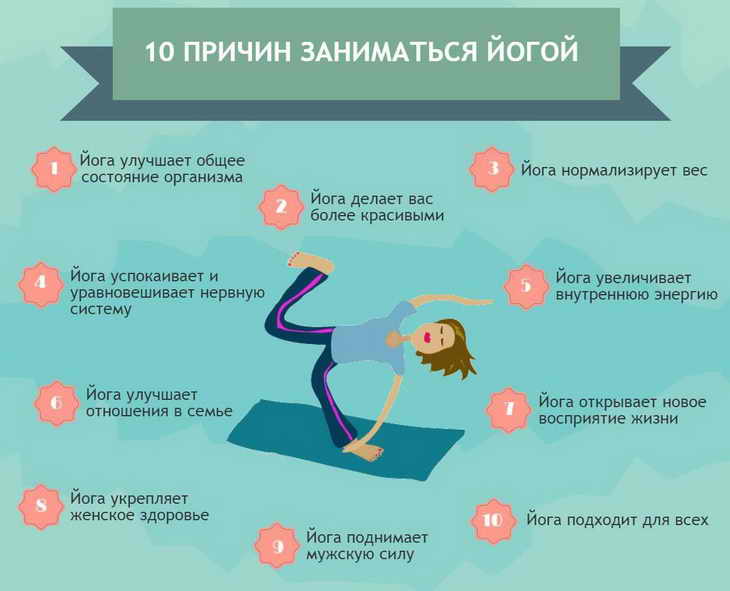 Journal of clinical neuroscience : official journal of the Neurosurgical Society of Australasia 2017;43:61–67. [PubMed] [Google Scholar]
Journal of clinical neuroscience : official journal of the Neurosurgical Society of Australasia 2017;43:61–67. [PubMed] [Google Scholar]
15. Cramer H, Lauche R, Anheyer D, et al. Yoga for anxiety: A systematic review and meta-analysis of randomized controlled trials. Depression and anxiety 2018. [PubMed] [Google Scholar]
16. Cramer H, Lauche R, Haller H, Steckhan N, Michalsen A, Dobos G. Effects of yoga on cardiovascular disease risk factors: a systematic review and meta-analysis. International journal of cardiology 2014;173(2):170–183. [PubMed] [Google Scholar]
17. Mooventhan A, Nivethitha L. Evidence based effects of yoga practice on various health related problems of elderly people: A review. Journal of bodywork and movement therapies 2017;21(4):1028–1032. [PubMed] [Google Scholar]
18. Gothe NP, McAuley E. Yoga and Cognition: A Meta-Analysis of Chronic and Acute Effects. Psychosomatic medicine 2015;77(7):784–797. [PubMed] [Google Scholar]
19. Hariprasad VR, Koparde V, Sivakumar PT, et al. Randomized clinical trial of yoga-based intervention in residents from elderly homes: Effects on cognitive function. Indian journal of psychiatry 2013;55(Suppl 3):S357–363. [PMC free article] [PubMed] [Google Scholar]
Randomized clinical trial of yoga-based intervention in residents from elderly homes: Effects on cognitive function. Indian journal of psychiatry 2013;55(Suppl 3):S357–363. [PMC free article] [PubMed] [Google Scholar]
20. Fan JT, Chen KM. Using silver yoga exercises to promote physical and mental health of elders with dementia in long-term care facilities. International psychogeriatrics / IPA 2011;23(8):1222–1230. [PubMed] [Google Scholar]
21. Litchke LG, Hodges JS, Reardon RF. Benefits of Chair Yoga with Mild to Severe Alzheimer’s Disease. Activities, Adaptation & Aging 2012;36(4):317–328. [Google Scholar]
22. Lenze EJ, Hickman S, Hershey T, et al. Mindfulness-based stress reduction for older adults with worry symptoms and co-occurring cognitive dysfunction. International journal of geriatric psychiatry 2014;29(10):991–1000. [PMC free article] [PubMed] [Google Scholar]
23. Barnes DE, Mehling W, Wu E, et al. Preventing loss of independence through exercise (PLIE): a pilot clinical trial in older adults with dementia. PloS one 2015;10(2):e0113367. [PMC free article] [PubMed] [Google Scholar]
PloS one 2015;10(2):e0113367. [PMC free article] [PubMed] [Google Scholar]
24. Wu E, Barnes DE, Ackerman SL, Lee J, Chesney M, Mehling WE. Preventing Loss of Independence through Exercise (PLIE): qualitative analysis of a clinical trial in older adults with dementia. Aging & mental health 2015;19(4):353–362. [PubMed] [Google Scholar]
25. Paller KA, Creery JD, Florczak SM, et al. Benefits of mindfulness training for patients with progressive cognitive decline and their caregivers. American journal of Alzheimer’s disease and other dementias 2015;30(3):257–267. [PMC free article] [PubMed] [Google Scholar]
26. Eyre HA, Siddarth P, Acevedo B, et al. A randomized controlled trial of Kundalini yoga in mild cognitive impairment. International psychogeriatrics / IPA 2017;29(4):557–567. [PMC free article] [PubMed] [Google Scholar]
27. Wells RE, Yeh GY, Kerr CE, et al. Meditation’s impact on default mode network and hippocampus in mild cognitive impairment: a pilot study.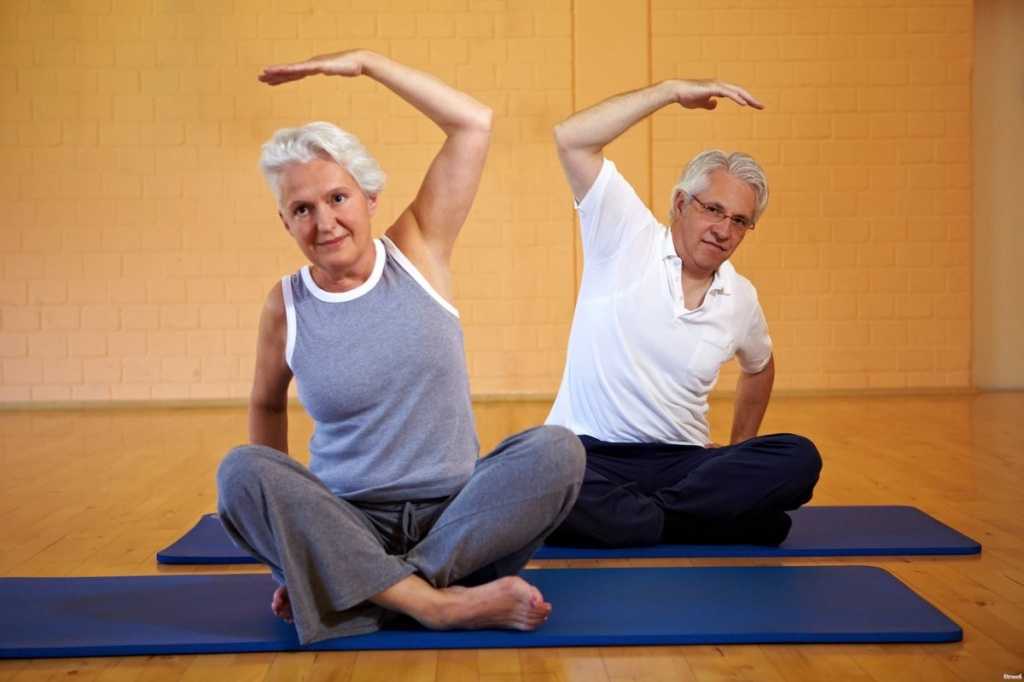 Neuroscience letters 2013;556:15–19. [PMC free article] [PubMed] [Google Scholar]
Neuroscience letters 2013;556:15–19. [PMC free article] [PubMed] [Google Scholar]
28. Wells RE, Kerr CE, Wolkin J, et al. Meditation for adults with mild cognitive impairment: a pilot randomized trial. Journal of the American Geriatrics Society 2013;61(4):642–645. [PMC free article] [PubMed] [Google Scholar]
29. Wetherell JL, Hershey T, Hickman S, et al. Mindfulness-Based Stress Reduction for Older Adults With Stress Disorders and Neurocognitive Difficulties: A Randomized Controlled Trial. The Journal of clinical psychiatry 2017;78(7):e734–e743. [PubMed] [Google Scholar]
30. Lin J, Chan SK, Lee EH, et al. Aerobic exercise and yoga improve neurocognitive function in women with early psychosis. NPJ schizophrenia 2015;1(0):15047. [PMC free article] [PubMed] [Google Scholar]
31. Moran M, Lynch CA, Walsh C, Coen R, Coakley D, Lawlor BA. Sleep disturbance in mild to moderate Alzheimer’s disease. Sleep medicine 2005;6(4):347–352. [PubMed] [Google Scholar]
32. McCurry SM, Reynolds CF, Ancoli-Israel S, Teri L, Vitiello MV.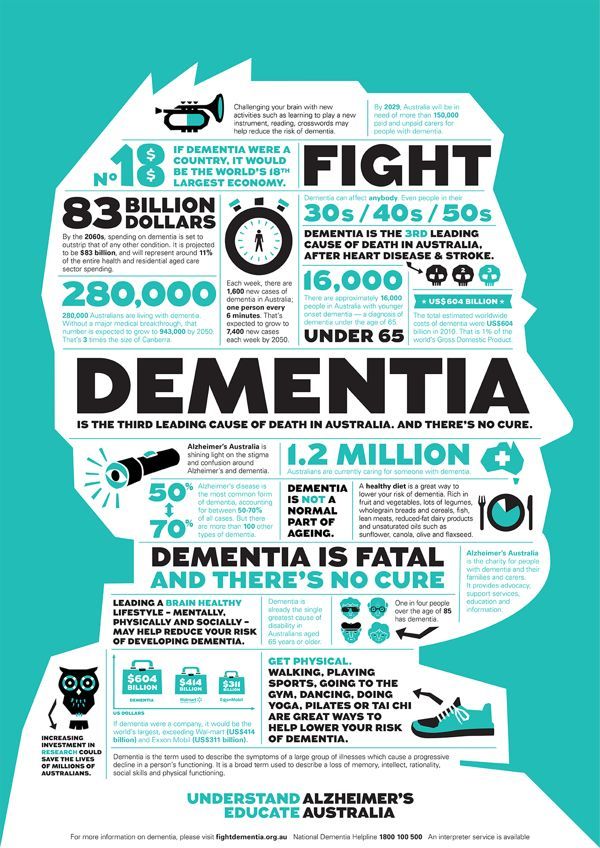 Treatment of sleep disturbance in Alzheimer’s disease. Sleep medicine reviews 2000;4(6):603–628. [PubMed] [Google Scholar]
Treatment of sleep disturbance in Alzheimer’s disease. Sleep medicine reviews 2000;4(6):603–628. [PubMed] [Google Scholar]
33. Rauchs G, Harand C, Bertran F, Desgranges B, Eustache F. [Sleep and episodic memory: a review of the literature in young healthy subjects and potential links between sleep changes and memory impairment observed during aging and Alzheimer’s disease]. Revue neurologique 2010;166(11):873–881. [PubMed] [Google Scholar]
34. Rauchs G, Schabus M, Parapatics S, et al. Is there a link between sleep changes and memory in Alzheimer’s disease? Neuroreport 2008;19(11):1159–1162. [PMC free article] [PubMed] [Google Scholar]
35. Chen KM, Chen MH, Chao HC, Hung HM, Lin HS, Li CH. Sleep quality, depression state, and health status of older adults after silver yoga exercises: cluster randomized trial. International journal of nursing studies 2009;46(2):154–163. [PubMed] [Google Scholar]
36. Halpern J, Cohen M, Kennedy G, Reece J, Cahan C, Baharav A. Yoga for improving sleep quality and quality of life for older adults.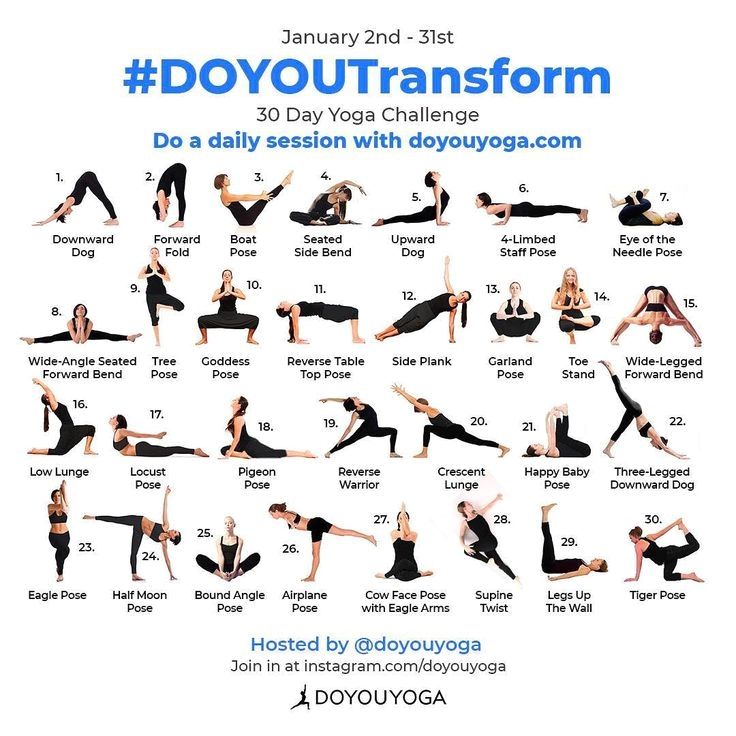 Alternative therapies in health and medicine 2014;20(3):37–46. [PubMed] [Google Scholar]
Alternative therapies in health and medicine 2014;20(3):37–46. [PubMed] [Google Scholar]
37. Manjunath NK, Telles S. Influence of Yoga and Ayurveda on self-rated sleep in a geriatric population. The Indian journal of medical research 2005;121(5):683–690. [PubMed] [Google Scholar]
38. Janelsins MC, Peppone LJ, Heckler CE, et al. YOCAS(c)(R) Yoga Reduces Self-reported Memory Difficulty in Cancer Survivors in a Nationwide Randomized Clinical Trial: Investigating Relationships Between Memory and Sleep. Integrative cancer therapies 2016;15(3):263–271. [PMC free article] [PubMed] [Google Scholar]
39. Chen C, Hu Z, Jiang Z, Zhou F. Prevalence of anxiety in patients with mild cognitive impairment: A systematic review and meta-analysis. Journal of affective disorders 2018;236:211–221. [PubMed] [Google Scholar]
40. Allegri RF, Sarasola D, Serrano CM, et al. Neuropsychiatric symptoms as a predictor of caregiver burden in Alzheimer’s disease. Neuropsychiatric disease and treatment 2006;2(1):105–110.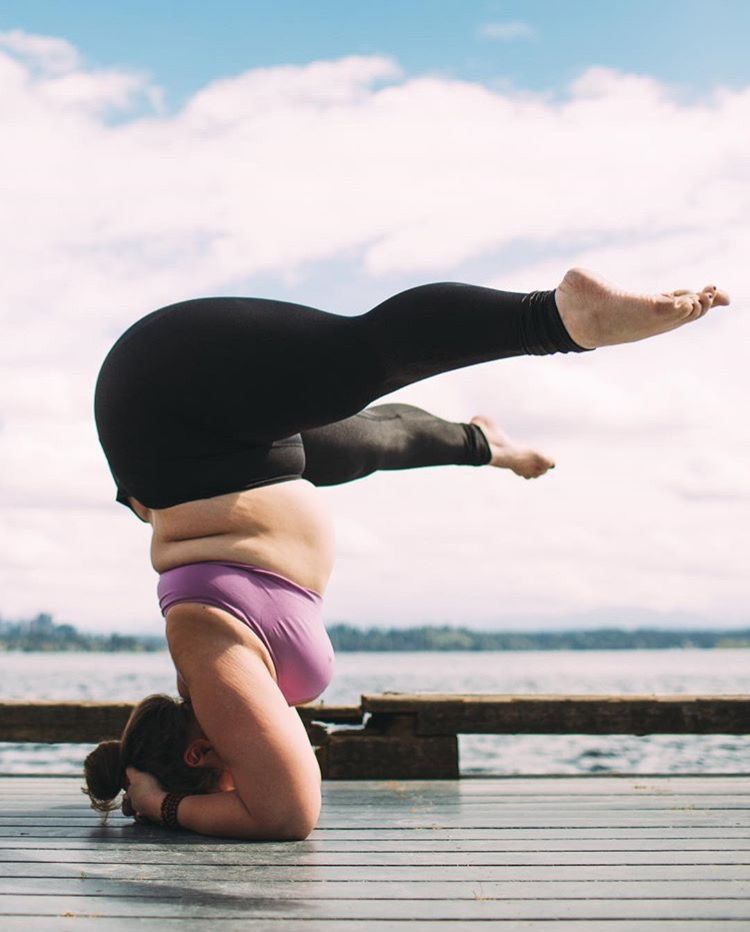 [PMC free article] [PubMed] [Google Scholar]
[PMC free article] [PubMed] [Google Scholar]
41. Lou Q, Liu S, Huo YR, Liu M, Liu S, Ji Y. Comprehensive analysis of patient and caregiver predictors for caregiver burden, anxiety and depression in Alzheimer’s disease. Journal of clinical nursing 2015;24(17–18):2668–2678. [PubMed] [Google Scholar]
42. Riley KE, Park CL. How does yoga reduce stress? A systematic review of mechanisms of change and guide to future inquiry. Health psychology review 2015;9(3):379–396. [PubMed] [Google Scholar]
43. Pascoe MC, Bauer IE. A systematic review of randomised control trials on the effects of yoga on stress measures and mood. Journal of psychiatric research 2015;68:270–282. [PubMed] [Google Scholar]
44. Rocha KK, Ribeiro AM, Rocha KC, et al. Improvement in physiological and psychological parameters after 6 months of yoga practice. Consciousness and cognition 2012;21(2):843–850. [PubMed] [Google Scholar]
45. Jones DT, Machulda MM, Vemuri P, et al. Age-related changes in the default mode network are more advanced in Alzheimer disease.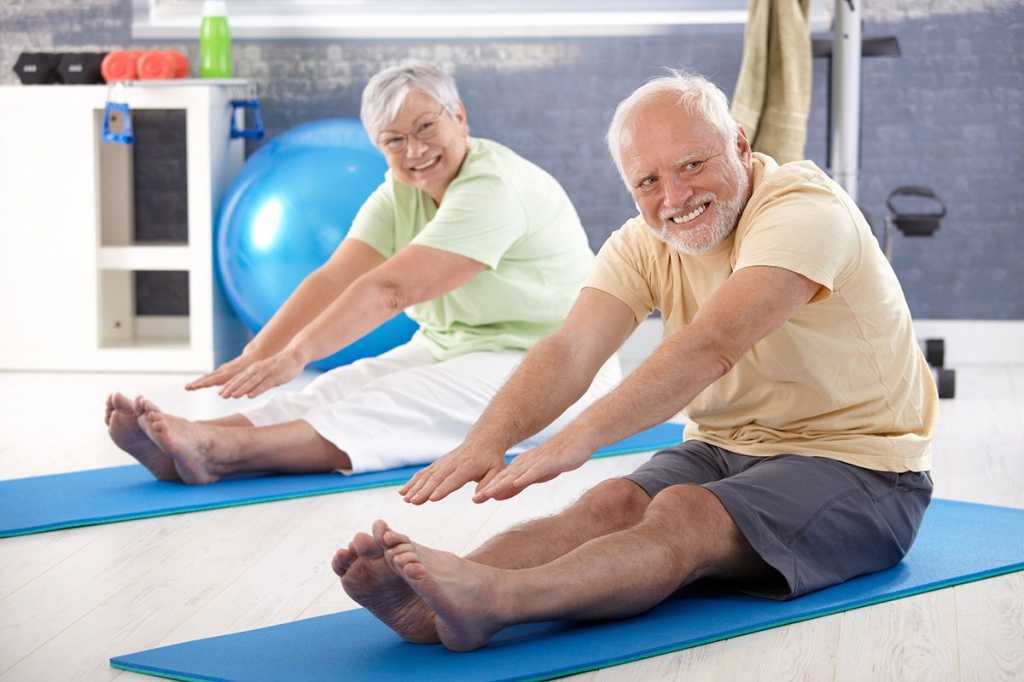 Neurology 2011;77(16):1524–1531. [PMC free article] [PubMed] [Google Scholar]
Neurology 2011;77(16):1524–1531. [PMC free article] [PubMed] [Google Scholar]
46. Eyre HA, Acevedo B, Yang H, et al. Changes in Neural Connectivity and Memory Following a Yoga Intervention for Older Adults: A Pilot Study. Journal of Alzheimer’s disease : JAD 2016;52(2):673–684. [PMC free article] [PubMed] [Google Scholar]
47. Ashton NJ, Hye A, Leckey CA, et al. Plasma REST: a novel candidate biomarker of Alzheimer’s disease is modified by psychological intervention in an at-risk population. Translational psychiatry 2017;7(6):e1148. [PMC free article] [PubMed] [Google Scholar]
48. McCaffrey R, Park J, Newman D, Hagen D. The effect of chair yoga in older adults with moderate and severe Alzheimer’s disease. Research in gerontological nursing 2014;7(4):171–177. [PubMed] [Google Scholar]
49. Sherman KJ. Guidelines for developing yoga interventions for randomized trials. Evidence-based complementary and alternative medicine : eCAM 2012;2012:143271. [PMC free article] [PubMed] [Google Scholar]
50. Wu WW, Kwong E, Lan XY, Jiang XY. The Effect of a Meditative Movement Intervention on Quality of Sleep in the Elderly: A Systematic Review and Meta-Analysis. Journal of alternative and complementary medicine (New York, NY) 2015;21(9):509–519. [PubMed] [Google Scholar]
Wu WW, Kwong E, Lan XY, Jiang XY. The Effect of a Meditative Movement Intervention on Quality of Sleep in the Elderly: A Systematic Review and Meta-Analysis. Journal of alternative and complementary medicine (New York, NY) 2015;21(9):509–519. [PubMed] [Google Scholar]
51. Gorelick PB, Scuteri A, Black SE, et al. Vascular contributions to cognitive impairment and dementia: a statement for healthcare professionals from the american heart association/american stroke association. Stroke 2011;42(9):2672–2713. [PMC free article] [PubMed] [Google Scholar]
52. Ayers CR, Sorrell JT, Thorp SR, Wetherell JL. Evidence-based psychological treatments for late-life anxiety. Psychology and aging 2007;22(1):8–17. [PubMed] [Google Scholar]
53. Yang H, Leaver AM, Siddarth P, et al. Neurochemical and Neuroanatomical Plasticity Following Memory Training and Yoga Interventions in Older Adults with Mild Cognitive Impairment. Frontiers in aging neuroscience 2016;8:277. [PMC free article] [PubMed] [Google Scholar]
Yoga will help fight dementia |
A 3-month course of yoga and meditation may reduce the risk of mild cognitive impairment (MCI), which is considered a precursor to Alzheimer's disease and other forms of dementia, in older people.
The study was led by scientists from the University of California-Los Angeles (UCLA), USA, including senior study author Dr. Helen Lavretsky, Department of Psychiatry.
Although MCI is not severe enough to interfere with a person's daily tasks, symptoms can increase over time, increasing the risk of developing Alzheimer's disease and other forms of dementia.
There are currently no approved drugs for the treatment of MCI, and experts recommend engaging in mentally energizing activities such as crossword puzzles, sudoku, and poetry study to reduce the risk of dementia.
Senior study author Dr. H. Lavretsky and colleagues argue that the practice of yoga and meditation may be a more effective method of stimulating cognitive function than crossword puzzles, etc.
Researchers studied data from 25 participants aged 55 years and older.
14 participants for 12 weeks, once a week, practiced 1 hour of kundalini yoga and practiced Kirtan Kriya meditation every day for 20 minutes.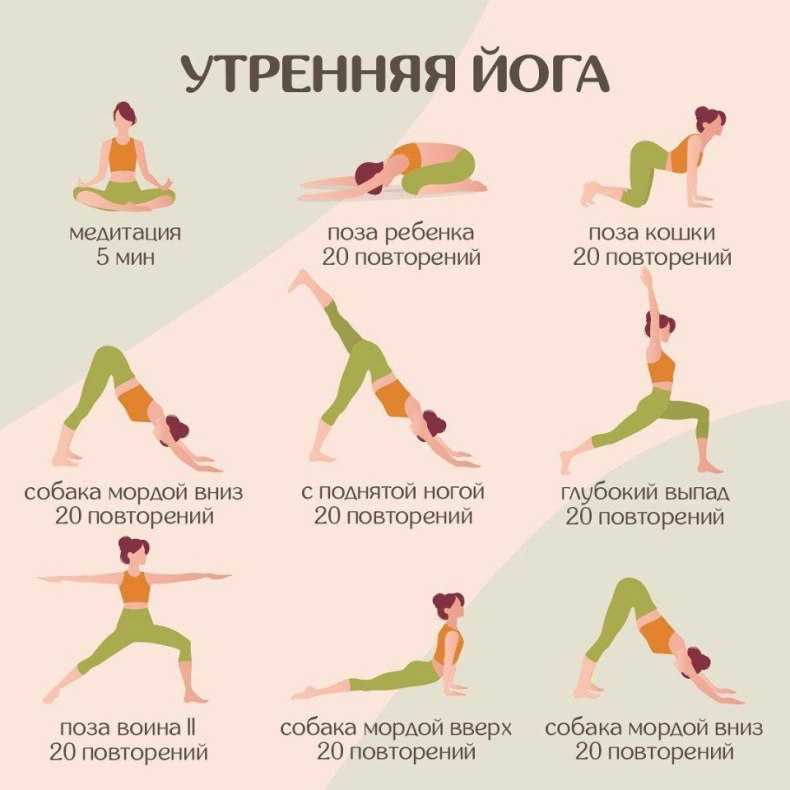
The remaining 11 participants were engaged for 12 weeks once a week for 1 hour in training of cognitive functions - solving crosswords, puzzles or computer games, and they also spent 20 minutes a day on memory improvement classes.
Kundalini yoga is the yoga of consciousness, which includes breathing techniques, meditation and chanting.
Kirtan Kriya meditation includes chants, hand movements and light visualization. Dr. H. Lavretsky notes that this form of meditation has been practiced in India for hundreds of years as a way to maintain cognitive function in the elderly.
At the beginning and end of the 12-week study period, all participants underwent memory testing and functional magnetic resonance imaging (MRI). These studies allowed scientists to assess the level of cognitive functions and brain activity of the participants.
Researchers found that both groups showed improvements in verbal skills at the end of week 12—the ability to remember names and word lists.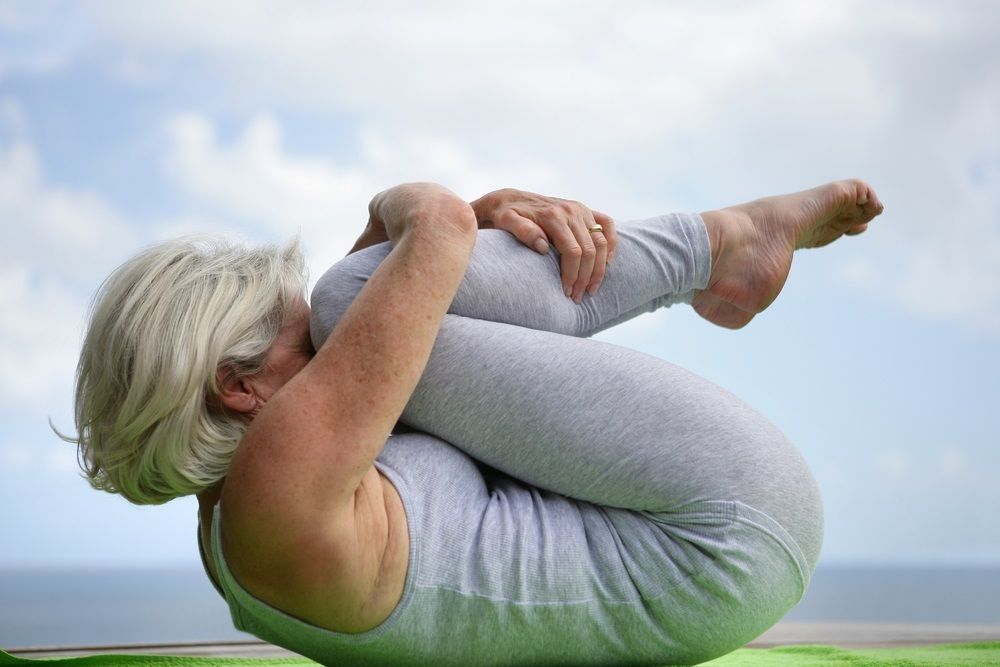
However, participants who practiced yoga and meditation showed markedly better results in visual-spatial skills (the ability to navigate and remember places) than those who did cognitive training without meditation and yoga. Also, the participants of the first group showed the best results in overcoming difficulties and stress resistance.
The researchers believe that the results of their study indicate that yoga and meditation may be an effective strategy for preventing the development of cognitive impairment in the elderly.
Adapted from www.medicalnewstoday.com
yoga against forgetfulness in the elderly
Dementia is a widespread disease that affects many people as they get older. What is dementia and can yoga and meditation have a positive effect and recovery.
You are standing at the supermarket checkout when suddenly a young woman smiles at you.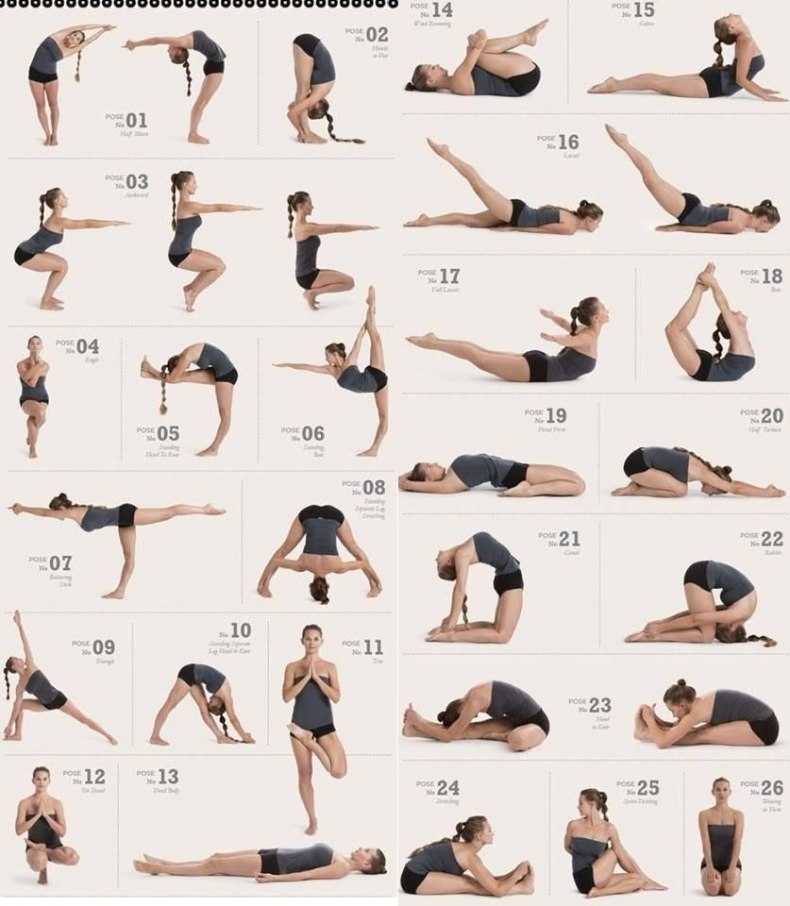 You're not sure at first - does she really mean you? Apparently yes. Then you start thinking - how do you know her? Is she a neighbor? Is she attending the same yoga class as you? Is it a friend of friends? Does this sound familiar to you? Most of us have probably come across this mostly innocuous situation before. But according to the Alzheimer's Society (about 1.7 million people in Russia forget about a serious illness: dementia. "Most of them have Alzheimer's disease. More than 300,000 new cases occur every year."
You're not sure at first - does she really mean you? Apparently yes. Then you start thinking - how do you know her? Is she a neighbor? Is she attending the same yoga class as you? Is it a friend of friends? Does this sound familiar to you? Most of us have probably come across this mostly innocuous situation before. But according to the Alzheimer's Society (about 1.7 million people in Russia forget about a serious illness: dementia. "Most of them have Alzheimer's disease. More than 300,000 new cases occur every year."
Dementia - what is it really?
First you forget a few syllables, then the meeting arrangement falls out and, finally, you stop remembering yourself and your life. Many people imagine dementia - correctly "dementia syndrome" - as such or something similar, and not so wrong. In short, dementia, which translates as "mindless" or "without intellectual power," is a brain disease that, among other things, impairs or impairs the ability to concentrate and remember.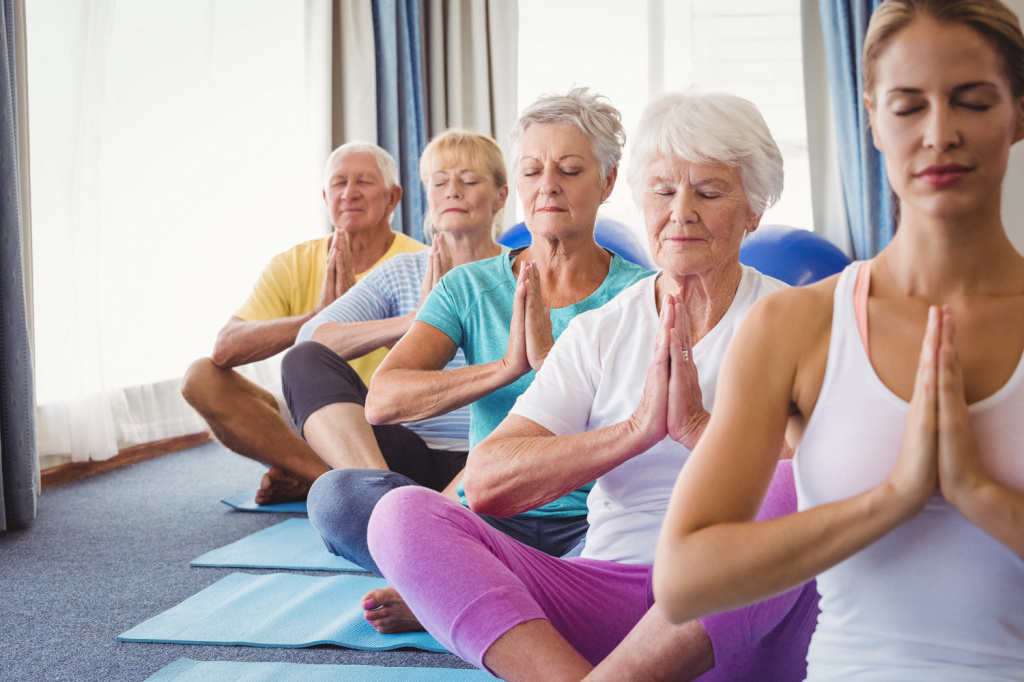 Neurologists and psychiatrists online say: "Cognitive abilities such as recognition, memory, language, learning and planning, as well as emotional and social abilities may (increasingly) deteriorate." Severe advanced dementia can eventually lead to a person becoming completely dependent on the care of others and no longer able to manage their daily lives on their own.
Neurologists and psychiatrists online say: "Cognitive abilities such as recognition, memory, language, learning and planning, as well as emotional and social abilities may (increasingly) deteriorate." Severe advanced dementia can eventually lead to a person becoming completely dependent on the care of others and no longer able to manage their daily lives on their own.
There are many different forms of dementia, the most common of which is Alzheimer's disease, named after Dr. Alois Alzheimer (1864-1915). It was Alois Alzheimer who first discovered the so-called plaques (protein deposits) in the brain of a deceased patient in 1906. Because there are other forms of dementia besides Alzheimer's, such as vascular dementia, Korsakoff's syndrome due to alcohol abuse, or dementia in the context of Parkinson's disease, it is important not to automatically identify dementia with Alzheimer's disease.
Just a little tired or seriously ill?
It is normal for you to forget something, skip a word or get distracted from time to time.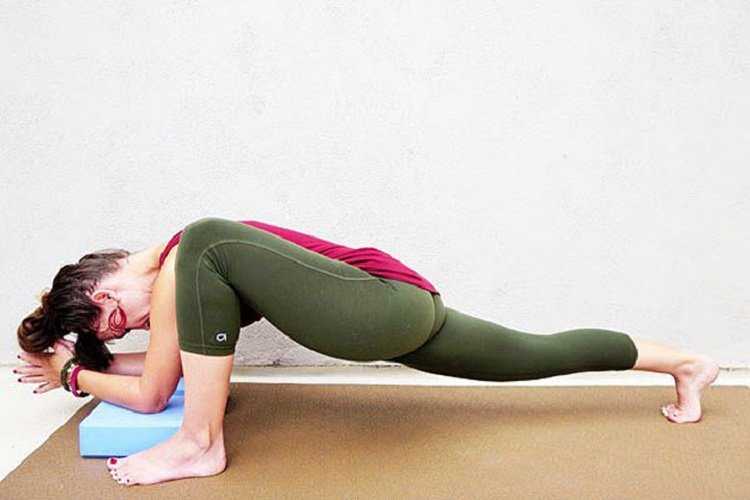 This can happen especially when you have a lot of thoughts. Not all forgetfulness has to be pathological or indicative of dementia. But if, for example, the following symptoms appear over a long period of time (at least six months), it may be useful to see a doctor and clarify the symptoms:
This can happen especially when you have a lot of thoughts. Not all forgetfulness has to be pathological or indicative of dementia. But if, for example, the following symptoms appear over a long period of time (at least six months), it may be useful to see a doctor and clarify the symptoms:
- It becomes more and more difficult to navigate in space and time, for example, a person can no longer remember a recent conversation, constantly skips a day of the week, or can no longer navigate in familiar surroundings.
- Difficulty finding the right words or following a conversation.
- Changes in personality or mood - a person suddenly becomes depressed or more often becomes irritable or aggressive. [Yoga for depression and neurosis]
- As I said, these symptoms are not clear signs of dementia. They can also have many other reasons. The doctor will explain this best.
Where did the disease come from and who suffers the most?
The causes of dementia can be very different - for example, excessive alcohol consumption (Korsakoff's syndrome), circulatory disorders in the brain (vascular dementia), or death of nerve cells in the brain, especially cells that produce acetylcholine (acetylcholine is responsible for communication between nerve cells) and deposition of protein particles (plaques) in Alzheimer's disease. “In principle, the risk of developing dementia increases with age. However, statistically speaking, it mostly affects older women.
“In principle, the risk of developing dementia increases with age. However, statistically speaking, it mostly affects older women.
Can I prevent this, and if so, how?
However, there are factors that can contribute to the development of dementia. These include, for example, low physical and mental activity, smoking, overweight, high blood pressure and depression. It is also suspected that psychological stress contributes to the development of dementia. On the other hand, those who exercise regularly, have social contacts, stay active, pay attention to a healthy diet, do not smoke and refrain from excessive drinking, relax and reduce stress, do things to stay mentally balanced.
The so-called "nun study", conducted by epidemiologist David Snowdon since 1986, also showed that a conscious lifestyle can reduce the risk of Alzheimer's disease. At the same time, the brains of the deceased nuns were examined. Surprising result: in some cases, extremely strong deposits of dental plaque were found in the brain. Sign of severe Alzheimer's disease. However, these nuns were mentally and physically healthy and active throughout their lives and into old age. It's amazing - how can this be? It was believed that the lifestyle of a nun (abstinence, mental and physical activity and contemplation) could reduce the risk of Alzheimer's disease.
Sign of severe Alzheimer's disease. However, these nuns were mentally and physically healthy and active throughout their lives and into old age. It's amazing - how can this be? It was believed that the lifestyle of a nun (abstinence, mental and physical activity and contemplation) could reduce the risk of Alzheimer's disease.
Yoga and meditation to prevent Alzheimer's?
The effect of yoga and meditation on dementia and Alzheimer's disease has been and is being studied scientifically. For example, a study by neuroscientists in the United States found that people who took a course of yoga meditation (kundalini yoga and kirtan kriya) improved their visuospatial memory (such as remembering places) and stress tolerance. The risk factor for Alzheimer's disease was optimized: "Based on their positive results, they concluded that yoga and meditation may help prevent diseases such as Alzheimer's disease and dementia."
One thing is clear: if you exercise regularly, you can supply the brain with more oxygen and keep blood vessels elastic and healthy.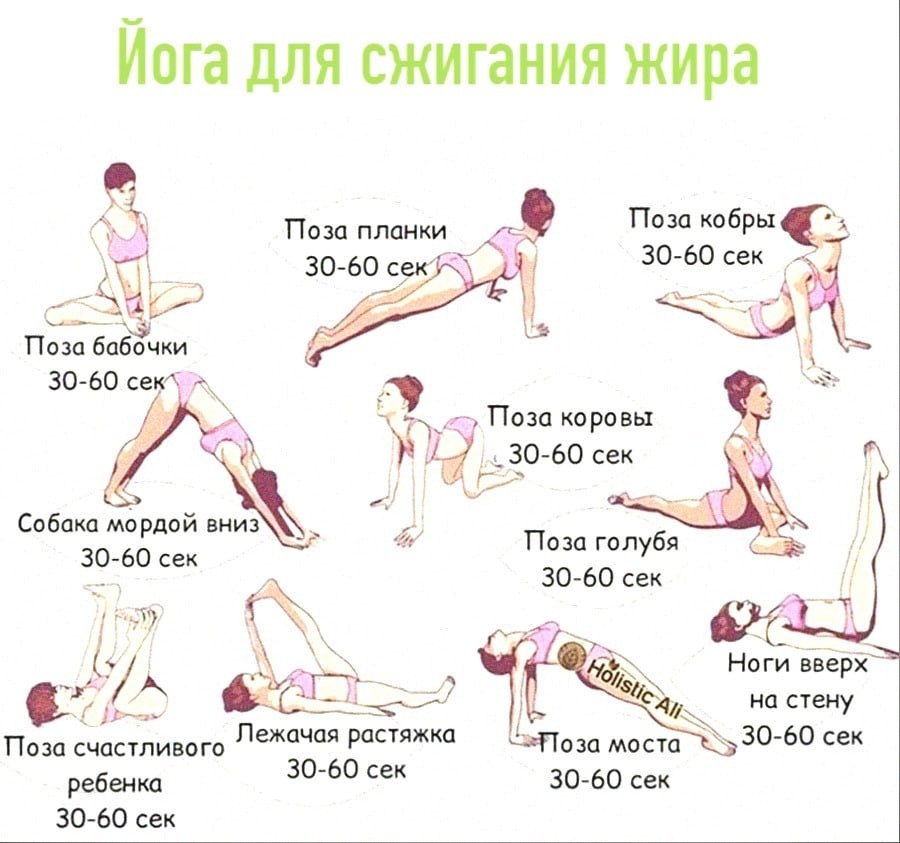 Yoga may be more effective in lowering blood pressure and minimizing the risk of heart attack or stroke. In addition, thoughts become calmer and clearer, stress levels may drop, because the stress hormone cortisol can be broken down with exercise. In addition, serotonin, known as the hormone of happiness, and dopamine should be released, which positively affects mood and minimizes the risk of depression, another risk factor for dementia. Therefore, the regular practice of yoga asanas for the elderly can do a lot to prevent dementia. First of all, it does not matter what style of yoga is practiced, it is important that yoga is done regularly and above all, carefully, so that during the practice one can also relax mentally.
Yoga may be more effective in lowering blood pressure and minimizing the risk of heart attack or stroke. In addition, thoughts become calmer and clearer, stress levels may drop, because the stress hormone cortisol can be broken down with exercise. In addition, serotonin, known as the hormone of happiness, and dopamine should be released, which positively affects mood and minimizes the risk of depression, another risk factor for dementia. Therefore, the regular practice of yoga asanas for the elderly can do a lot to prevent dementia. First of all, it does not matter what style of yoga is practiced, it is important that yoga is done regularly and above all, carefully, so that during the practice one can also relax mentally.
Not only the physical part of the yoga mat plays a role in mental health. Meditation can also have a big impact. Carl Philipp Rumpf's 2016 introductory dissertation, Meditation and Brain Aging: Implications for Dementia Prevention, states:
A review of studies investigating the effects of meditation on memory, attention, and executive function found beneficial effects in older people, as well as people with MCI (mild cognitive impairment) and pre-existing AD (Alzheimer's dementia) (Marciniak et al.
, 2014). […] Meditation has been shown to reduce anxiety, stress symptoms, and depression, which in turn has a positive effect on cognitive function, which is already limited in people with dementia (Marciniak et al. 2014)
.
Examples of yoga and meditation against dementia
-
- 1. Surya Namaskar: Salutation to the Sun
- The practice of yoga does not mean constantly choosing the most unusual yoga postures or being especially flexible. Rather, it is about regular body movements, conscious movement, and the combination of conscious breathing with movement. In this way, calmness can arise in the mind even while moving. Practicing several rounds of sun salutation, Surya Namaskar, the essence of many styles of yoga, every day can be beneficial.
- Kirtan Kriya
For the above Kirtan Kriya from Kundalini Yoga:- Sit upright.
- Hands relaxed on knees.
- Now join the thumb together with the index finger, then the middle finger, then the ring finger, and finally the little finger.
